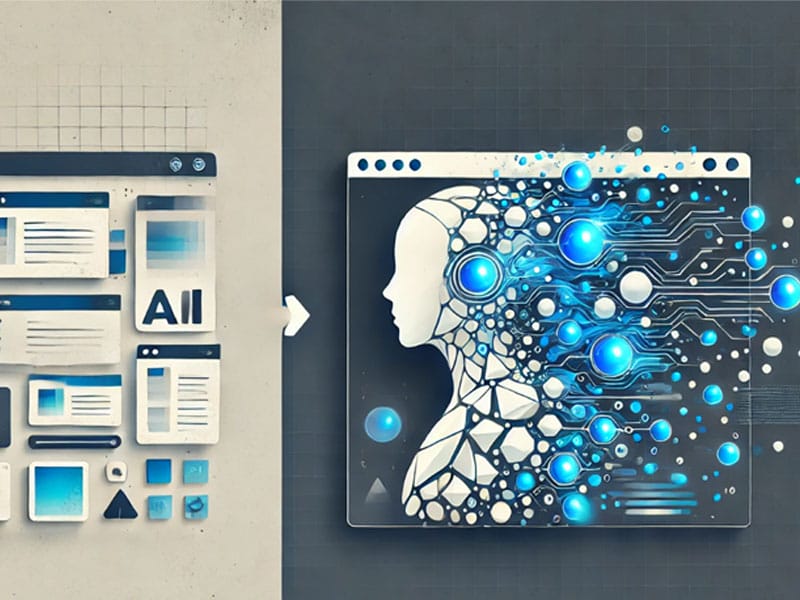
The rise of AI agents could make traditional applications obsolete – here’s what it means for tech’s future…
Remember when Steve Jobs predicted that phones would become computers?
Well, something equally massive just happened.
Microsoft CEO Satya Nadella just made a prediction that sent shockwaves through the tech industry: traditional business applications are about to collapse.
This isn’t hyperbole.
This is the CEO of Microsoft – the company that built the software industry – telling us that everything is about to change.
Why Apps Are Dying
Here’s a thought experiment: When did you last open your CRM system?
Or manually create a spreadsheet?
Or click through endless menus to find what you need?
The truth is, most business software today is just a pretty interface sitting on top of databases.
We’re still doing the same basic operations we did 20 years ago:
- Create data
- Read data
- Update data
- Delete data
That’s it. That’s what your favorite enterprise apps do under the hood.
But Nadella sees a future where we won’t need these interfaces anymore.
Instead, AI agents will interact directly with the databases. You’ll simply tell them what you want, and they’ll handle everything else.
The Rise of AI Agents
Think about how transformative this could be:
Instead of opening Excel, importing data, and creating a graph, you’ll say: “Show me a visualization of our top five customers by revenue.”
Instead of logging into your CRM, updating records, and running reports, you’ll say: “Give me a summary of all sales meetings from last week and draft follow-up emails.”
These aren’t just simple commands – these AI agents will understand complex business logic and even write code to accomplish what you need.
They’ll work seamlessly across multiple systems and databases.
Why This Time Is Different
Now, I know what you’re thinking.
We’ve heard big predictions about AI before.
But here’s why this is different:
- It’s already happening. Microsoft’s Copilot is already transforming how people use Office products.
- The technology is ready. Advanced language models can now understand context, write code, and handle complex tasks.
- The business need is clear. Companies are drowning in SaaS applications that nobody uses effectively.
What This Means for the Industry
Having built software products and worked in SaaS companies, I’ll be direct: this changes everything.
For software companies:
- Traditional SaaS business models will need to evolve
- New licensing models will emerge for agent-to-agent interactions
- The focus will shift from user interfaces to API architectures
For developers:
- The emphasis will move from front-end design to AI agent development
- Understanding prompt engineering will become crucial
- Security and governance skills will be more important than ever
For businesses:
- The way we handle data will fundamentally change
- Enterprise processes will become more automated and efficient
- The transition will be faster in structured enterprise environments
What Should You Do?
If you’re in tech, here’s what I recommend:
- Start learning about AI agents and large language models
- Focus on understanding data structures and API architecture
- Think about how your products or services could evolve in an agent-first world
- Consider the security implications of AI agents accessing your systems
Looking Ahead
Just like mobile computing didn’t kill the PC overnight, AI agents won’t immediately replace all software.
But the transformation has begun, and it’s moving faster than many realize.
This shift reminds me of the early days of the Internet.
Those who adapted early thrived.
Those who didn’t… well, you know how that story ends.
If you want to stay ahead of this transformation, start thinking about how AI agents might change your tech role.
Consider taking courses in AI development, prompt engineering, or API architecture.
The future might arrive sooner than we think.
What’s your take on this transformation?
How do you think it will affect your career in tech?
